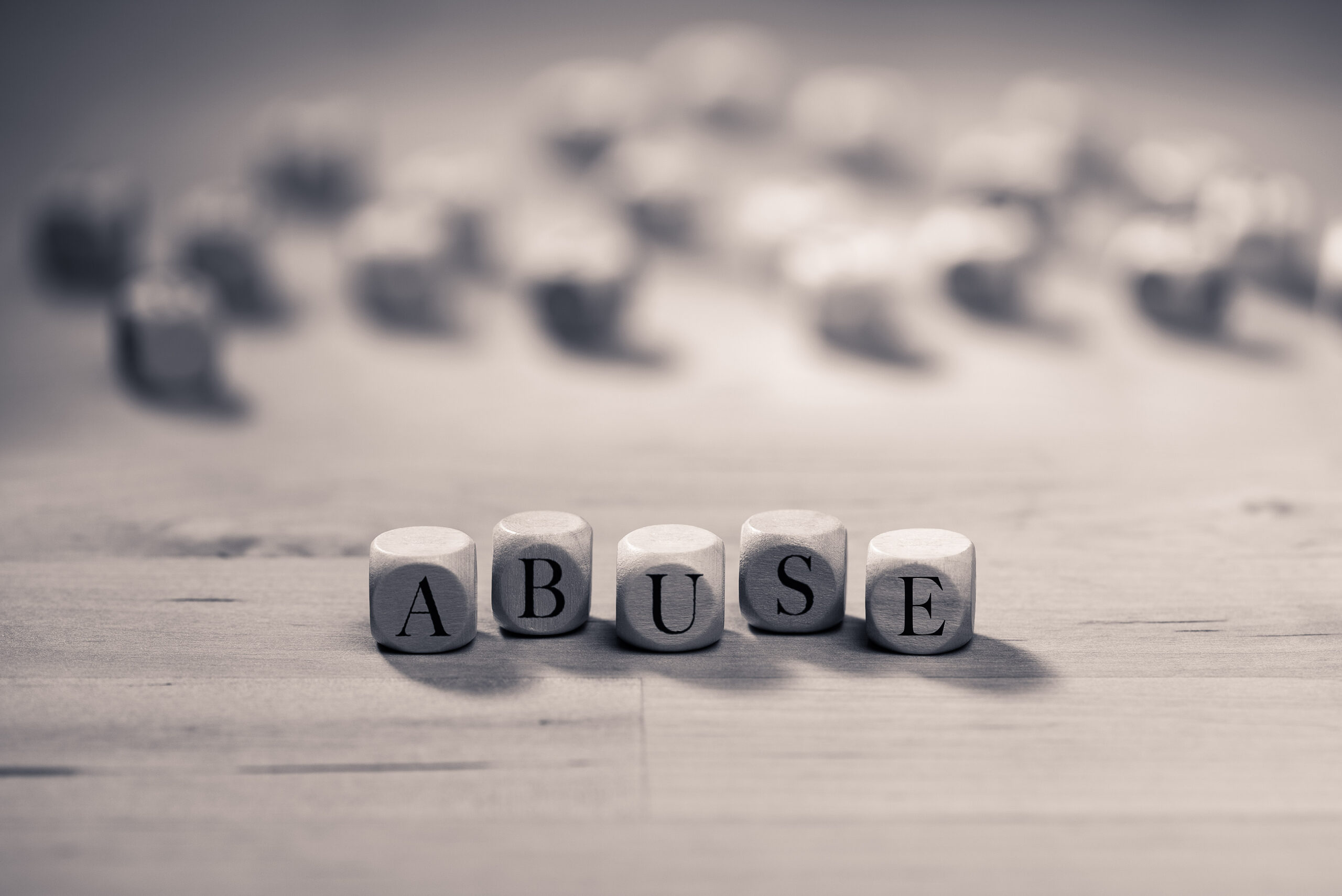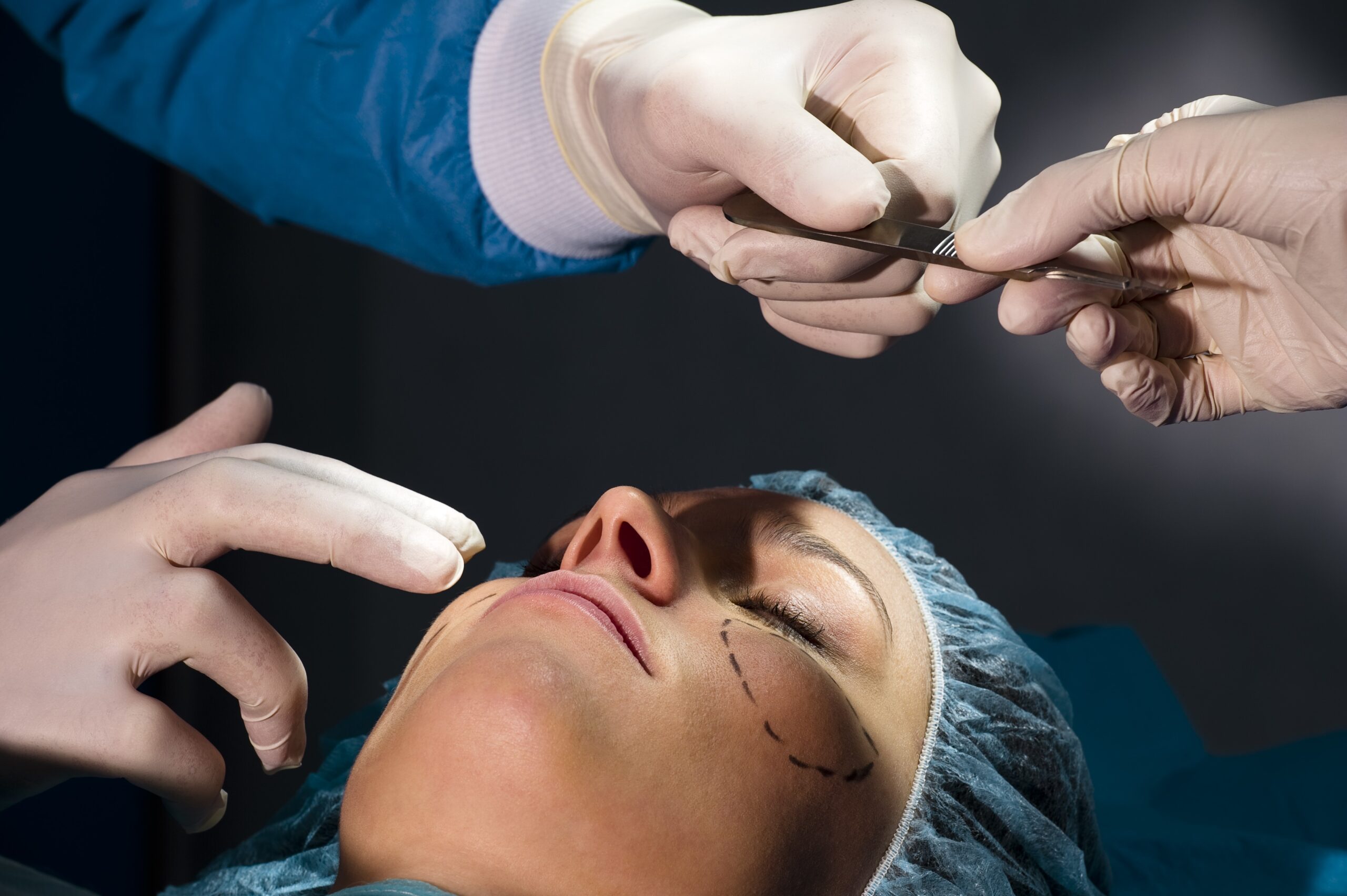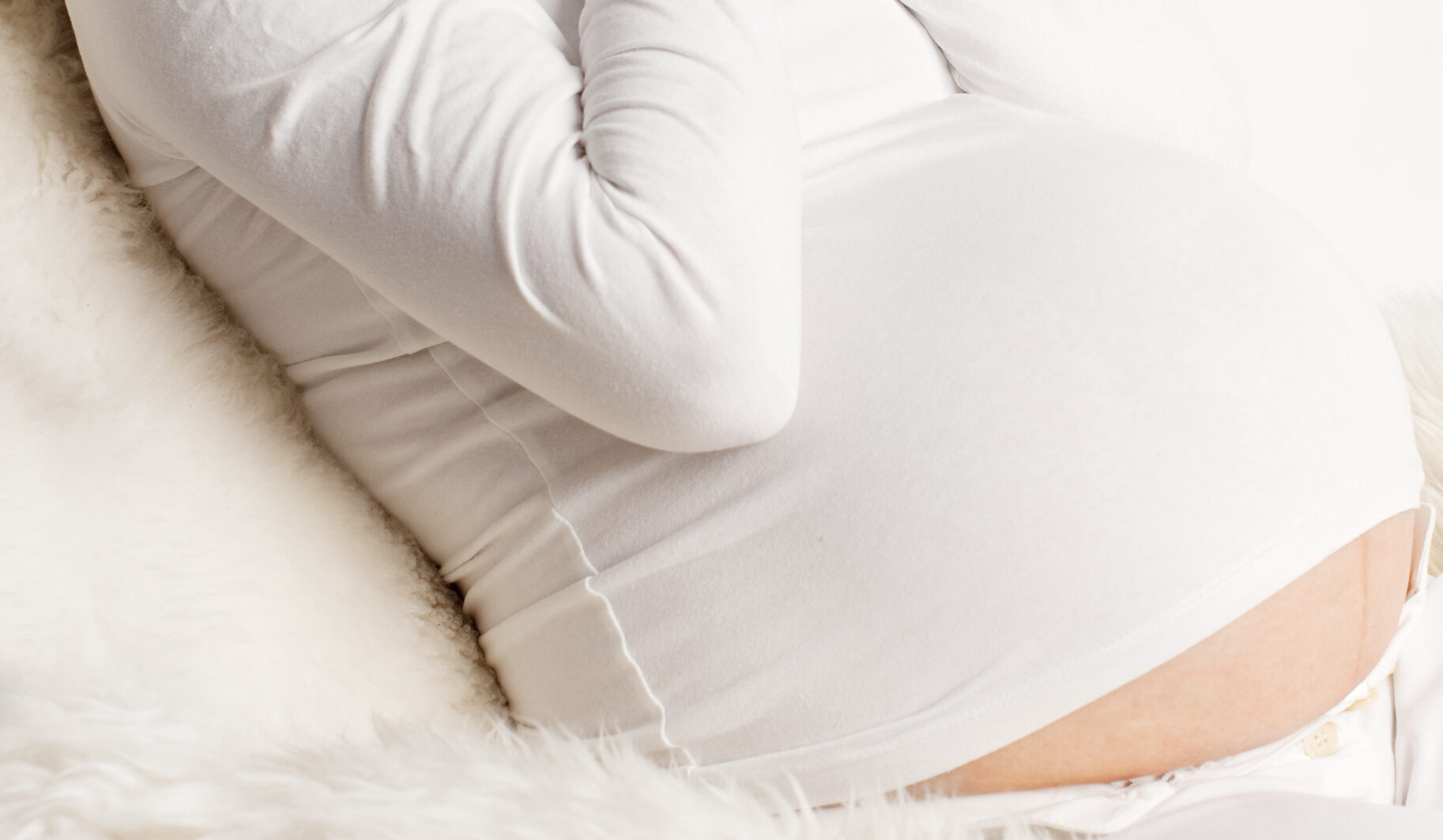More than 45 years since racial discrimination became illegal in Australia, Indigenous Australians continue to have poorer health, education and employment prospects than their non-Indigenous counterparts. That prejudice starts even before birth with a recent article[1] highlighting the prevalence of racism and unconscious bias among those maternity care providers who do not recognise or support the cultural needs of First Nations Women.
First National Peoples shoulder almost double the burden of disease to that of non-Indigenous Australians[2]. Underlying health conditions such as gestational diabetes, heart disease, obesity and mental illness often result in pregnancies being categorised as high-risk which immediately restricts the options available for delivery of the child, due to western perceptions about minimising risk.
“For Aboriginal and Torres Strait Islander people, good health is more than the absence of disease or illness; it is a holistic concept that includes physical, social, emotional, cultural and spiritual wellbeing, for both the individual and the community.”[3]
Mainstream services do not accommodate the cultural needs of First Nations women such as birthing on country or having the support of multiple aunties during labour. Unsurprisingly, Indigenous women report not feeling heard or supported and once in the hospital setting, they are often up against entrenched assumptions about alcohol and drug abuse. A recent longitudinal study of cultural safety in Aboriginal maternity care recorded the following experience of a student midwife:
“It was night shift, and this young Aboriginal girl came up through Emergency. She was wheelchaired up, and she was basically ready to push. She was quite vocal, and they rushed her into a birth suite. All I could then hear was them yelling at her, and asking what drugs she has taken, they assumed she was on something and that’s why she couldn’t sit still and was jerking. And she kept saying she hadn’t taken anything…her Mum was there and said she’d only had Panadol, but they kept it up, ‘what have you taken’?
On reflection, that baby’s head was basically out and that’s why she couldn’t sit still…once she was on the bed, the baby was born. The whole experience was horrible for her. I was just a student but realised there was just no dignity at all for that girl. It’s always stayed with me.”[4]
Health guidelines exist in this area[5] but it requires a seismic shift in attitudes to prevent unconscious bias either from midwives inexperienced in putting into practice theoretical training about cultural differences, and older colleagues who have been exposed to institutional racism their whole careers.
Racism affects people’s physical and emotional health. Here at the Law office at Conrad Curry, we have seen examples of entrenched bias adversely affecting treatment decisions.
If you have concerns about the healthcare provided to you or a loved one and you think it may have been the result of deliberate prejudice or unconscious bias, please contact us for an obligation-free discussion.
[1] “Separated at birth : Racism and unconscious bias in perinatal health services” https://lens.monash.edu/@medicine-health/2022/06/13/1384784/separated-at-birth-racism-and-unconscious-bias-in-perinatal-health-services
[2] https://www.aihw.gov.au/reports/australias-health/indigenous-health-and-wellbeing
[3] https://www.aihw.gov.au/reports/australias-health/indigenous-health-and-wellbeing
[4] https://www.ncbi.nlm.nih.gov/pmc/articles/PMC7908636/
[5] https://www.health.gov.au/resources/pregnancy-care-guidelines/part-a-optimising-pregnancy-care/pregnancy-care-for-aboriginal-and-torres-strait-islander-women










